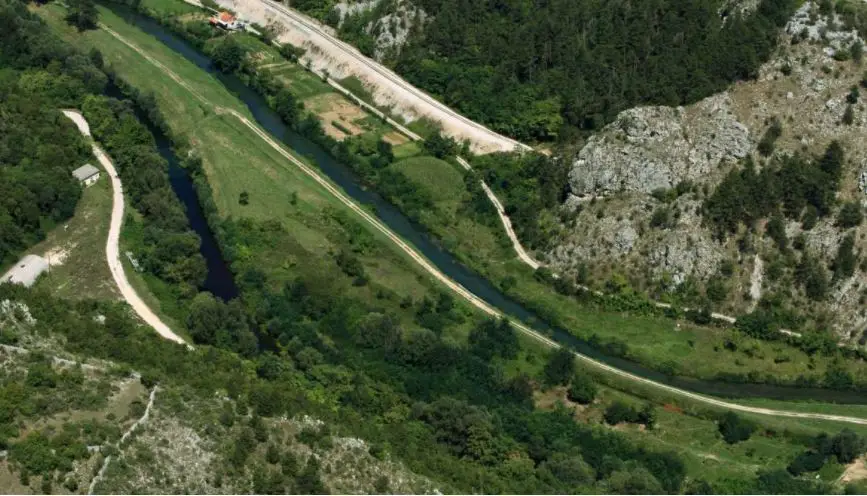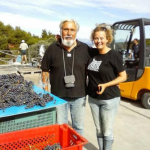HES Kosinj is valued at HRK 1.54 billion and together with the second part of the project, the Senj 2 hydropower plant, it is the biggest HEP project since Croatia achieved independence, with a total value of HRK 3.4 billion, a press release said.
Minister Tomislav Ćorić and the president of HEP’s management board, Frane Barbarić, signed the agreement and based on it, the government will make a decision of declaring the project of strategic interest for Croatia.
The project involves the construction of the Kosinj reservoir, three dams and a hydropower plant with support facilities as well as the reconstruction of the existing Sklope hydropower plant, building roads and connections to the electricity grid.
The reservoir should increase water usage from the Lika and Gacka rivers for electricity production as well as increase protection from flooding in Lipovo Polje and Kosinj which are flooded almost every year, the press release said.
The power plant will increase overall production of electricity as well as contributing to increasing Croatia’s energy independence and increasing the share of renewable energy sources in meeting Croatia’s electricity needs.
It will also bring a series of commercial benefits at the national and local levels, particularly to GDP growth, the possibility of engaging the local construction industry as well as increasing employment of the local population in tourism and other service industries during and after construction, and of creating better conditions for agricultural production.
Ćorić: A great day for Croatia’s energy supplies
Minister Ćorić said that this will be the greatest investment by HEP in recent history.
The project will contribute to achieving several national objectives – increasing electricity production from renewable resources, resolving the issue of flooding. It is also in line with the EU ‘s Green Deal and proof that Croatia is thinking and heading towards renewables, he said as carried by the press release.
Barbarić said that the Kosinj power plant is one of two units to upgrade the existing Senj power plant which will increase electricity production by 230 GWh, or 22% more than the electricity currently produced.










